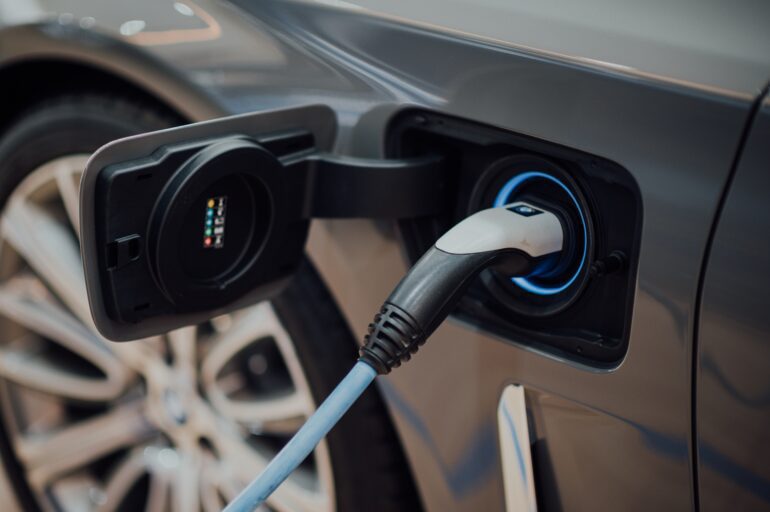Electric vehicles (EVs) have been gaining popularity worldwide due to a combination of environmental concerns, cost-effectiveness, and technological advancements. South Africa, too, is gradually moving towards EVs, driven primarily by the soaring prices of fuel. However, some people still question the efficiency of EVs compared to internal combustion engine (ICE) vehicles.
According to a Yale Climate Connections report, ICE vehicles are less efficient than EVs due to the significant energy lost during the conversion of fuel into power. This is because ICE vehicles lose between 74% to 85% of their original energy in fuel due to heat produced in the engine, pumps, cooling systems, and mechanical friction. In contrast, EVs do not require energy conversion, making them more efficient. Although EVs lose energy during the charging process, cooling, power steering, and drivetrain, they only lose around 13% of their original energy after regenerative braking returns about 22% of the lost energy.
A more relatable comparison between the MINI Cooper SE, the most affordable fully electric vehicle in South Africa, and the ICE-powered MINI Cooper S with a slightly higher power output and claimed fuel consumption of 6L/100km, reveals that the EV is more efficient. The MINI Cooper SE costs around R177 to charge fully, providing a range of about 217km, while the MINI Cooper S costs around R283 to travel the same distance. The actual fuel consumption of the ICE vehicle may be slightly higher than the claimed consumption, making the ICE vehicle even more inefficient.
Besides efficiency, EVs also have several other advantages over ICE vehicles. For instance, EVs are highly efficient in congested traffic and use virtually no power, while regenerative braking is limited. EVs work best with drivers who alternate between higher speeds and frequent braking, making them ideal for city driving.
In anticipation of widespread adoption of EVs, MasterDrive has developed fleet policies and training programs to enable organisations to transition to EVs. This can help organisations save costs while taking advantage of the efficiency benefits of EVs.
Despite some concerns regarding their environmental impact, electric vehicles are more efficient than ICE vehicles. As the price of EVs continues to decline, they will become even more cost-effective, making them a viable alternative to ICE vehicles.

